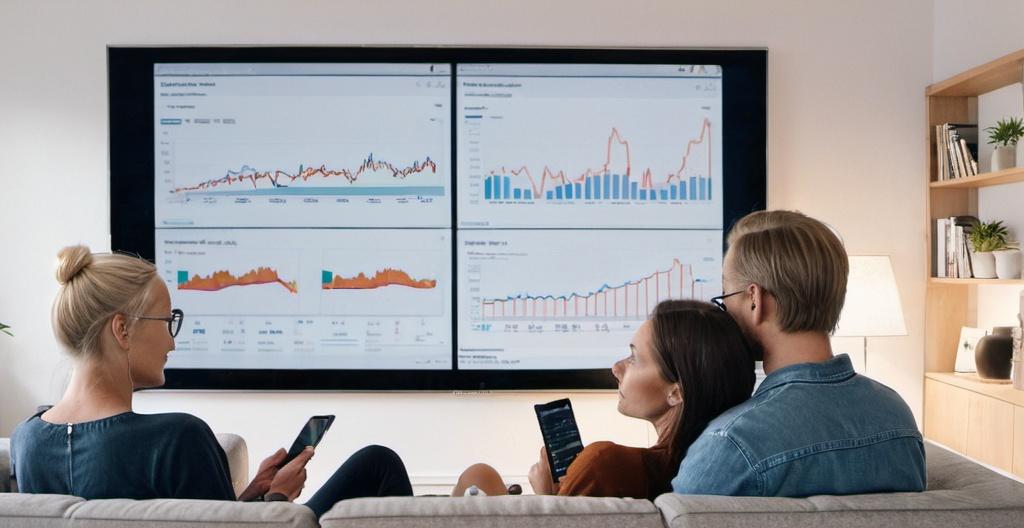The forex market is massive—over $6 trillion traded daily—and completely decentralized. That means you can’t just show up and start placing trades like you would on a stock exchange. You need a broker to access the market. And not just any broker. The one you pick will determine your spreads, your execution speed, and in some cases, whether you actually make or lose money on a trade.
Forex brokers aren’t just middlemen. They’re the engine under the hood. If that engine sputters, manipulates pricing, or simply stops running when the market gets volatile, you’re dead in the water.

Market Makers vs ECN Brokers
There are two main types of forex brokers: market makers and ECN/STP brokers.
Market makers quote both buy and sell prices and often take the other side of your trade. That can lead to conflicts of interest. They’re also more likely to offer fixed spreads and lower capital requirements, which appeals to newer traders—but execution can suffer.
ECN brokers, on the other hand, connect you to a network of liquidity providers. They typically offer tighter spreads, charge a commission per trade, and don’t trade against you. They’re the preferred choice for experienced traders, though minimum deposits and platform complexity are often higher.
Choosing between the two depends on your strategy, experience, and tolerance for dealing with slippage or requotes. But knowing which one you’re dealing with is step one. If your broker doesn’t make that clear, that’s already a problem.
Regulation Is the Bare Minimum
A regulated forex broker doesn’t mean a perfect broker. But an unregulated one almost always means a future headache.
In the U.S., the CFTC and NFA oversee forex brokers. In the UK, it’s the FCA. Europe has ESMA guidelines. Australia has ASIC. Brokers licensed by any of these are generally safer. They’re required to keep client funds in segregated accounts, follow strict capital requirements, and offer dispute resolution mechanisms.
Unregulated brokers? They can promise the world, disappear overnight, and leave you arguing with a support chatbot that hasn’t been updated in years. If you’re using real money, use a real broker.
A solid place to start checking broker reputation and comparison data is Forex Brokers Online. They track platforms based on fees, regulation, execution quality, and trader reviews—helpful when the list of choices is long and full of copy-paste marketing.
Execution Speed and Spread Control
In fast-moving markets like forex, timing matters. A one-second delay can blow up a scalping trade. A widening spread during a news event can take you from break-even to a loss before you even realize it happened.
Good brokers offer low-latency execution, minimal slippage, and consistent spreads—even during volatility. Bad brokers slip you every time, freeze platforms, or re-quote prices when it doesn’t suit them.
Most traders don’t notice this stuff until they’ve lost money. You should be checking order execution stats and slippage records before funding your account.
Leverage Isn’t Always Your Friend
Forex brokers love advertising high leverage—1:500, 1:1000, even more with offshore platforms. While leverage increases potential gains, it multiplies risk just as fast. One small move against your position can wipe out your account if you’re trading too big.
Regulated brokers will often cap leverage (e.g. 1:30 in Europe), which frustrates aggressive traders but protects newer ones from margin calls. The ones offering unlimited leverage? Usually offshore, usually unregulated, and usually hoping you’ll blow your account before asking for a withdrawal.
Platform Quality and Tools
The majority of forex brokers offer MetaTrader 4 or 5. It’s standard for a reason: it works, it’s fast, and it’s packed with technical tools. But some brokers restrict features, push custom platforms, or limit access to automated trading and indicators.
If you rely on EAs (expert advisors), scripts, or specific charting tools, you need to know exactly what the platform allows. Don’t assume every MT4 or MT5 setup is the same. It’s not.
Choose Carefully, Trade Seriously
A broker doesn’t just hold your trades—they hold your trust. If the platform is glitchy, the pricing is shady, or the withdrawal process feels like jumping through flaming hoops, it’s not worth it.
Forex is hard enough already. Don’t make it harder by picking a broker that’s working against you. Stick to names that are regulated, transparent, and have a real reputation for fair pricing and execution. Use resources like forexbrokersonline.com to compare options based on more than just a welcome bonus.
The broker you choose will define your trading experience. Choose the wrong one, and nothing else matters. Choose right, and at least the odds are honest.
This article was last updated on: September 5, 2025